If sales were allowed to set prices, everyone could benefit.
Many would argue that empowering sales to set prices is an insane proposition. After all, marketing is responsible for the price of a product and sales are expected to sell it at that price.
And if sales had their way they would typically sell at the lowest possible price to make an easy sale, right?
Sales can’t be trusted to make pricing decisions!
I beg to differ.
I actually believe that, if done right, delegating the pricing decision to sales would not only make sales more effective, it would grow the business to higher levels than would occur by sticking to traditional pricing roles of marketing and sales.
Here are 5 reasons why it works (because I did it in sales leadership roles I had):
One – revenues are higher
If the bonus plan is constructed right, higher revenues will result because sales will be motivated to sell at higher prices.
The bonus plan has to have these elements:
- Marketing sets “baseline prices” for all products and services which represent the minimum selling price sales must follow. Baseline prices typically are set to yield incremental costs plus a margin to cover the common costs of the organization;
- Sales get zero credit for a baseline transaction; it represents the threshold beyond which a bonus can be earned.
And revenue budgets are based on baseline forecasts which means that bonus dollars are above budget and higher than expected revenues are realized; - Sales recruitment must be focused on people who want to put the effort in to grow and not be treated in the traditional sales model.
Two – sales are made on the value provided
Sales will be a more effective selling value because it’s the only reason a client will pay higher prices.
Today there is far too much attention to selling on cheap prices: “Buy our product and save 25% over our competition” is a familiar sales proposition used by most salespeople.
In a world emphasizing premium prices, however, relative price is a non-starter; the salesperson must demonstrate to the client that the value received is worth the price paid.
And rather than compare prices with the competition, value is compared and is used as the selection criteria. And if a salesperson can’t prove additional value, they don’t get the sale and they don’t get paid.
Three – margins are higher
Sales will be more focused on high-value clients who produce higher margins because these accounts aren’t as price-sensitive as others.
It’s not a tough choice. Does a salesperson go after a commodity client where prices are close to the baseline level, or do they attack specialty clients who are prepared to pay more for additional value?
Four – selling on-demand improves
More accurate pricing to demand will occur because the selling process targets individual clients whereas marketing sets prices based on customer and market group demand factors.
It’s always a challenge to pinpoint where, on the price-demand curve a client lies, but when you are engaged on one-on-one selling you know exactly where the client sits. Trying to determine price – demand relationships of segments is a game of averages where inaccuracies prevail.
When a salesperson is on the hook to set a price that makes a sale, the transaction represents a perfect demand-price fit.
Five – sales churn is lower
The net effect of sales being accountable for price setting is a happier salesforce.
Their role changes to become more strategic to the organization; they have more responsibility and they have the potential to make more money.
And they decide to stay. Churn rates decrease and engagement increases.
It’s all good.
In the end…
It’s about time we revisited traditional pricing roles in terms of which approach creates the most value for the organization.
We know how effective marketing has been at having the sole role in setting prices and there are deficiencies.
Let’s start thinking about a new pricing model that combines the roles for marketing and sales, and moves the final pricing say closer to the client.
Sales can, if done correctly, add a ton of value if allowed the final say in pricing.



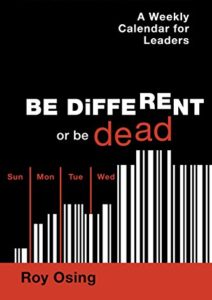
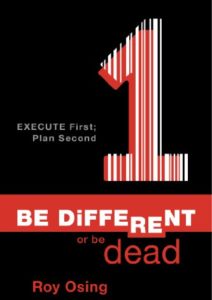
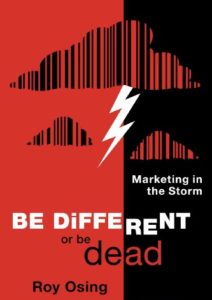
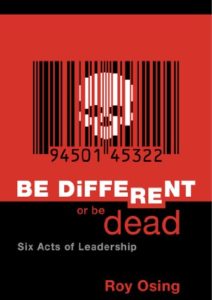
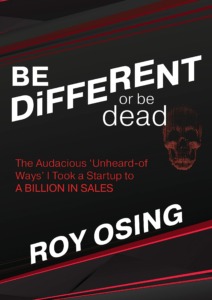
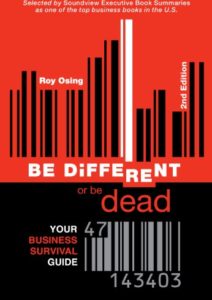
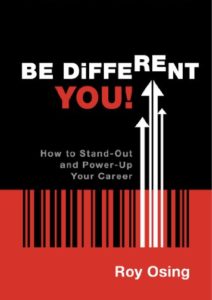









Comments (2)
great!!
An interesting insight; One which a company must experiment with.